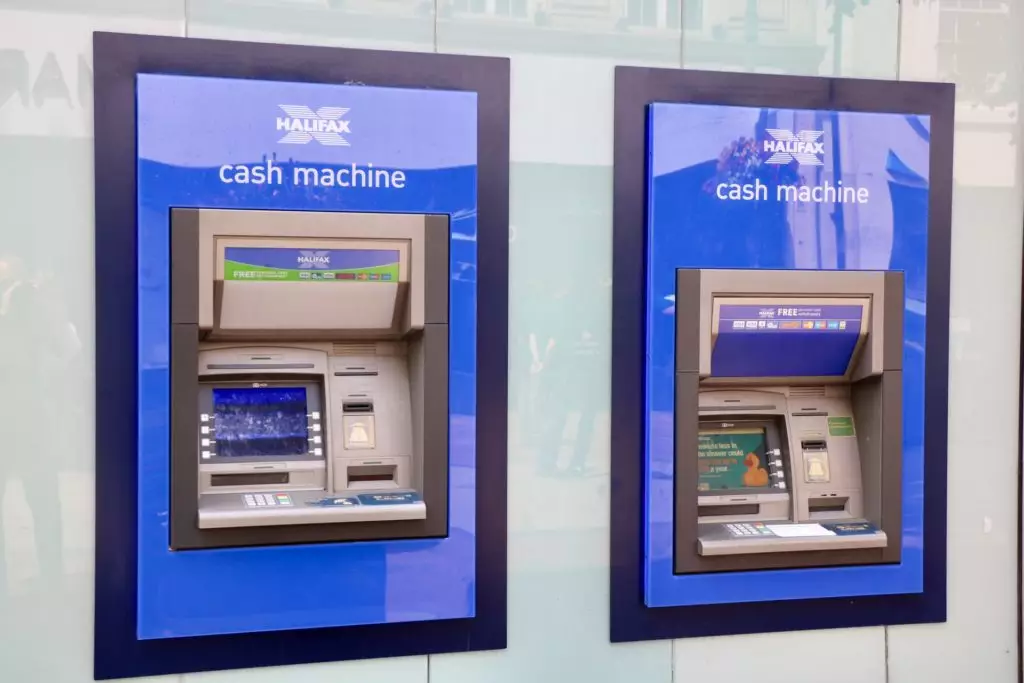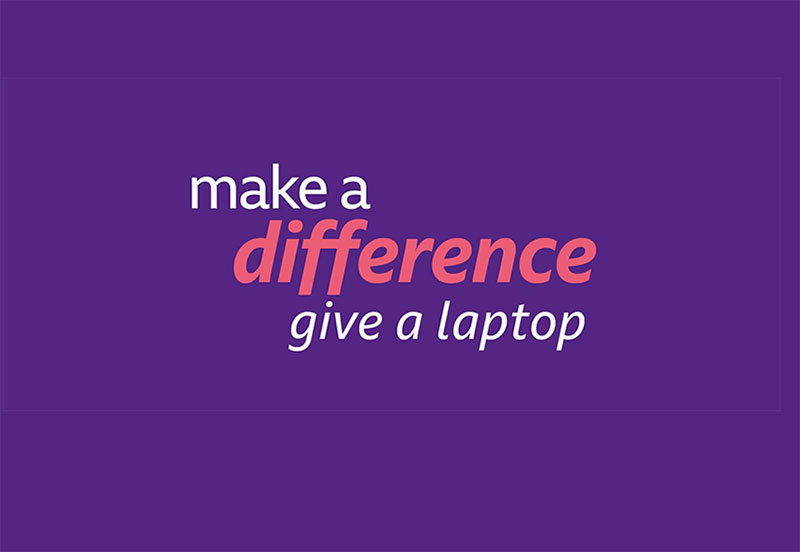Unexpected impacts on fundraising of coronavirus
The novel coronavirus of 2020 will have a profound impact on charity fundraising for the foreseeable future. Some of this rapidly became apparent but there were also some unexpected challenges and opportunities.
Here is UK Fundraising’s collection of the surprising developments that challenged fundraisers even more.
1. Cash avoided
The switch from cash to contactless giving has been a challenge for charities for a while, but the Sunday Telegraph’s allegation that the WHO had recommendation that no-one handle cash because of the potential infection of COVID-19 (which the WHO rejected as misrepresentation) yielded yet another challenge for fundraisers, many of whom still receive donations in this way.
Some shops are refusing cash payments as an extra precaution against #COVID19.
Advertisement
But many Britons rely on cash for everyday payments, (and it's still a popular way to donate to charity) A double whammy for vulnerable people without access to cards https://t.co/Tq3eORWnLd
— John Thompson, aka Johnny Five (@JTCHANGINGBIZ) March 16, 2020
Use of cash, which has been declining for some time, is dropping even faster during lockdown, given we have less access to cash machines and opportunities to spend it:
Weekly ATM withdrawals are due out on Monday from @LINK_ATM_Scheme – #Covid_19 is having such an impact on our daily lives that we’ve not been out to spend any money – any predictions on this weeks volume of ATM transactions? My guess: 18million#cashless #paytech #money #cash pic.twitter.com/awjS5Ifcgz
— Mike Chambers (@_mike_chambers_) April 11, 2020
Nevertheless, despite the significant drop in the use of cash during the lockdown period, several banks and LINK have committed to keep cash machines (ATMs) running. Barclays, NatWest, PayPoint and Sainsbury’s Bank are supporting the commitment to ensure no community loses free access to cash.
Together these providers operate nearly 16,000 ATMs, which represents 30% of Link’s total ATMs.
Banks pledge to keep ATMs running as cash demand dries up https://t.co/WM1qx8cnfp
— LINK Scheme (@LINK_ATM_Scheme) April 10, 2020
In contrast, the contactless payment limit is being raised to £45 in response to coronavirus:
Limit to rise to £45 from next week. https://t.co/YMxOXzDr7g
— George MacDonald (@GeorgeMacD) March 24, 2020
2. People before profit
The spectacle of major companies reacting to coronavirus before government restrictions were introduced – and some companies like Sports Direct choosing to take the opposite approach – is public. Companies that took the enlightened approach, at the expense of profits, dividends etc, might well benefit from public support.
But the window in which to act honourably closed on 23 March when the Prime Minister instituted the lockdown and stay at home policy.
Charities will have one more criteria on which to judge potential corporate partners: “what did you do during the coronavirus outbreak?” If they don’t, perhaps many of their supporters will.
Class from Byron (sent prior to BoJo's address). The theme of putting people before profit will define this period for retail. Society will remember those who do and those who don't pic.twitter.com/9b77NeqgeU
— Luke Tugby (@LukeTugby) March 23, 2020
3. Forgetting charity shops are closed
Charity shops have long had a problem with people leaving donated goods outside on the street. Now that charity shops have closed in the UK, some members of the public have failed to notice and are still dropping goods outside shops that are due to be closed for weeks or months.
We hope everyone is well during these difficult times, but please share this, to raise awareness about leaving donations in the doorways of charity shops….
Thank you ⭐️ (sound on ❤️) pic.twitter.com/UhYGlwLjlF
— Charity Retail Association (@CharityRetail) March 25, 2020
When the message finally gets through to everyone, charity shops might benefit from a sudden rush of donations once lockdown is lifted. Unfortunately, some charities that operate shops might not remain in business that long, given the modest scale of the government’s emergency funding package for the charity sector.
4. BBC takes on the mantle of promoting giving and volunteering to charities
The BBC promptly stepped in to announce new approaches to content to serve the UK public under lockdown. This included promotion of arts and culture “withpartners to keep the Arts alive in people’s homes”.
In addition it committed to creating “live fund-raising events, to raise money for coronavirus good causes”. The first significant event in this regard is The Big Night In, a first-of-its-kind collaboration between Comic Relief and BBC Children in Need on 23 April.
Good to see fundraising on this agenda. @IoFtweets https://t.co/O22ExXMvkG
— Elizabeth Balgobin (@balgobinthinks) March 19, 2020
5. Greater interest in death cafes
The Guardian reports that “hosts of “death cafes” are reporting a global surge in demand for honest conversation about “the nitty-gritty of dying”, and say the coronavirus pandemic has made frank discussion about our mortality more necessary than ever.”
The venues are closed of course during lockdown but many are now providing services online.
Death cafes are a welcome development as locations where discussions can take place that include the importance and practicalities of writing a will and leaving a gift to family, friends and possibly charities too.





